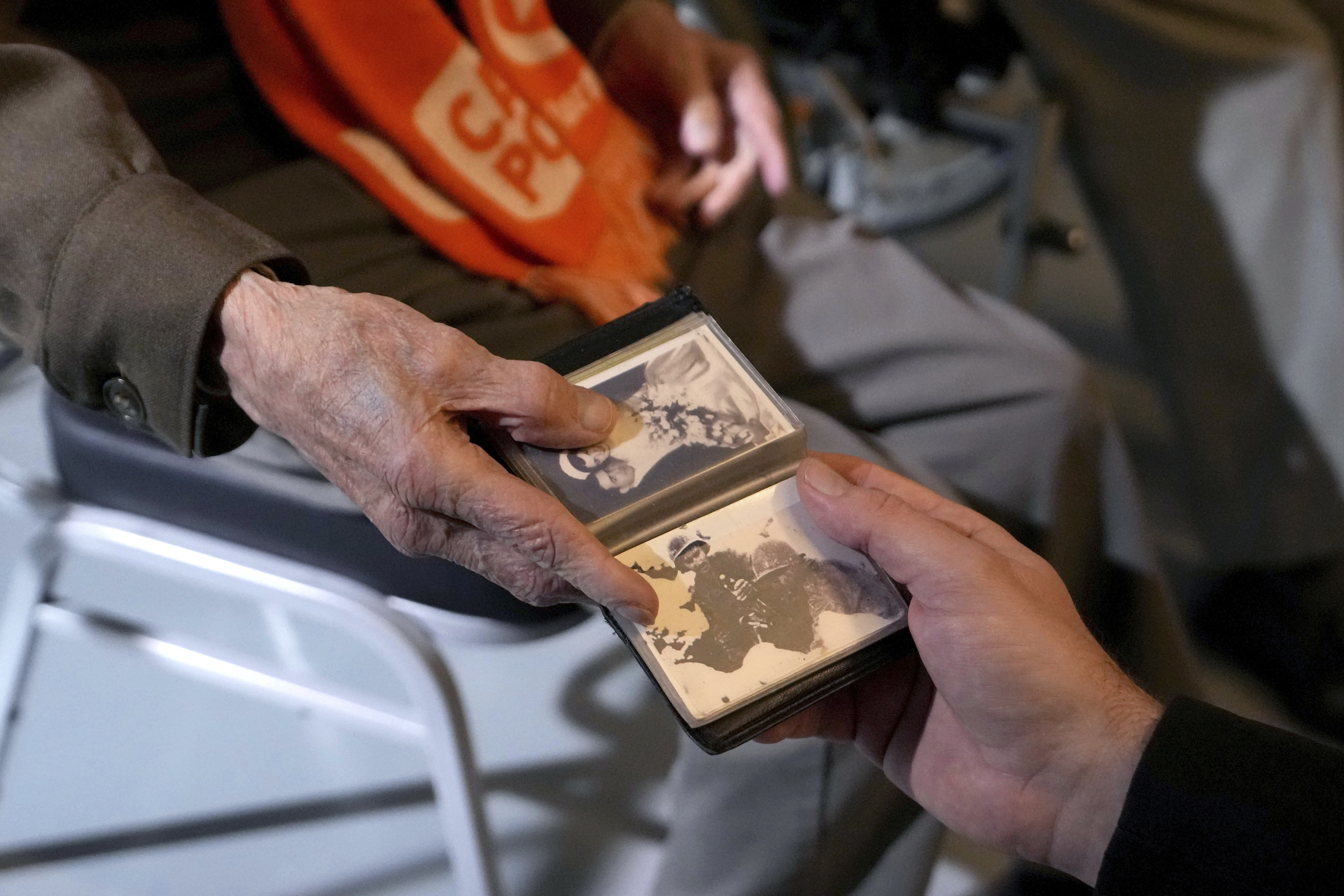Turkey's ruling party secured a stunning victory in Sunday's snap parliamentary election, sweeping back into single-party rule only five months after losing it.
Prime Minister Ahmet Davutoglu declared victory as results reported by state-run TRT television showed that the ruling Justice and Development party, or AKP, had won more than 49 percent of the vote and was projected to get 316 seats in parliament. The preliminary result, reported after about 99 percent of the votes were counted, would give the party a comfortable majority in the 550-seat parliament.
Following the vote, Davutoglu struck a conciliatory tone, asking ruling party supporters to remain solemn and to embrace fellow Turks.
"Today is the day of victory but it is also a day for humility," Davutoglu said, addressing supporters in his hometown of Konya, where he voted.
He kept up the placatory manner during a victory address to thousands of AKP supporters gathered outside party headquarters in Ankara, promising to end the party's often divisive rhetoric and asking for the "blessing" of anyone offended by the harsh election campaign.
Speaking from the balcony of AKP headquarters, Davutoglu also pledged to uphold freedoms and called for opposition parties' support for constitutional amendments to make Turkey's laws more democratic. It was not clear if the party had abandoned contentious plans to change Turkey's political system to one that would give the president more powers.
Davutoglu spoke vaguely about pressing ahead with a peace process with the Kurds, but said Turkey was determined to continue to fight Kurdish rebels, who are considered terrorists.
U.S. & World
News from around the country and around the globe
"We won't step back from our determination for a solution or from our determination to fight terrorism," Davutoglu said.
The vote was a rerun of a June election in which AKP surprisingly lost its one-party rule due to a strong showing by a Kurdish party. Most analysts had expected AKP to fall short again, but the preliminary results suggest it picked up millions of votes at the expense of the nationalist MHP and pro-Kurdish People's Democratic Party, or HDP. AKP's vote tally jumped nearly nine percentage points. The secularist CHP was hovering around the same result as in June.
With a dramatic gain that few had predicted, the ruling party's gamble to hold new elections paid off. Supporters at the party's Ankara and Istanbul headquarters waived flags in rapturous celebrations. Crowds outside President Recep Tayyip Erdogan's home in Istanbul shouted "Turkey is proud of you."
"It's a massive shift of vote compared to the previous election," said Fadi Hakura, a Turkey analyst at the London-based think tank, Chatham House. "Erdogan's focus on security and stability seems to have attracted Turkish and Kurdish votes."
While Erdogan was not on the ballot, his long run of pre-eminence over Turkish politics looked set to continue. However, his party will fall short of a supermajority that he had sought in order to change Turkey's constitution and boost his presidential powers.
"The election result has shown that the people have opted for stability and trust that had been endangered in the June 7 vote," Erdogan said.
Amid renewed violence in Turkey following the June vote, Erdogan and Davutoglu argued that only a single-party majority could restore stability.
Fighting between Turkey's security forces and Kurdish rebels has left hundreds of people dead and shattered an already-fragile peace process. Two recent massive suicide bombings at pro-Kurdish gatherings that killed some 130 people, apparently carried out by an Islamic State group cell, also increased tensions.
HDP leaders attributed the drop-off in their votes to the violence and unfair election conditions.
HDP's co-chairman Selahattin Demirtas said the party was forced to cancel election rallies and television stations gave party representatives little air-time amid government attacks branding the party as the political wing of the Kurdistan Workers' Party, or PKK, which is considered a terrorist organization by Turkey and its allies.
"I regret to say that there wasn't a fair or equal election... We were not able to lead an election campaign, we tried to protect our people against attacks," he said.
In June, HDP, for the first time cleared a 10 percent threshold needed for representation as a party in parliament, taking seats mostly at the ruling party's expense. But tensions with Turkey's large Kurdish minority have escalated as the deaths of Kurdish rebels fighting the government have mounted. Preliminary results showed HDP hovering just above 10 percent, losing about 3 percentage points.
The HDP favors the resumption of peace efforts to end the Kurdish conflict. The stakes for the peace process are high for the region. Turkey is a key U.S. ally in the fight against IS and, since it hosts more Syrian refugees than any other nation in the world, a crucial player in efforts to end the war in Syria and resolve Europe's massive immigration crisis. The U.S. is also relying on allies of the PKK in Syria in its fight against IS.
Turnout in the election was about 87 percent among the 54 million people eligible to vote at more than 175,000 polling stations. The national election board usually takes days to certify the final vote count.
As vote tallies began to be reported, small clashes broke out in Diyarbakir in the Kurdish southeast between protesters and police.
Erdogan had called for a new election after Davutoglu failed to form a coalition with any of the three opposition parties in parliament after the June vote. Some believe, however, that Erdogan never wanted a coalition government anyway and goaded Davutoglu into trying to win back a majority in a new election. That now appears to have been a good bet.



